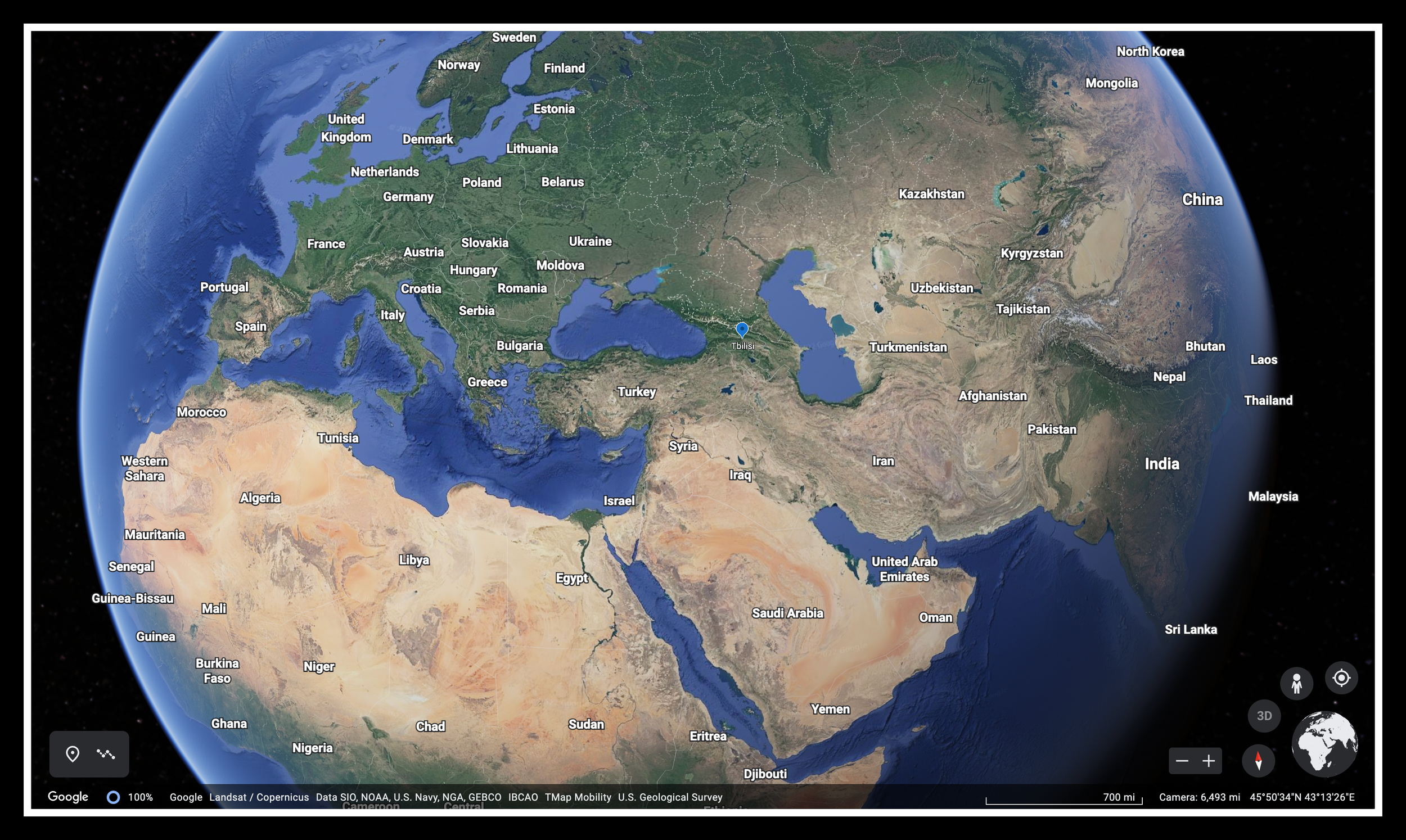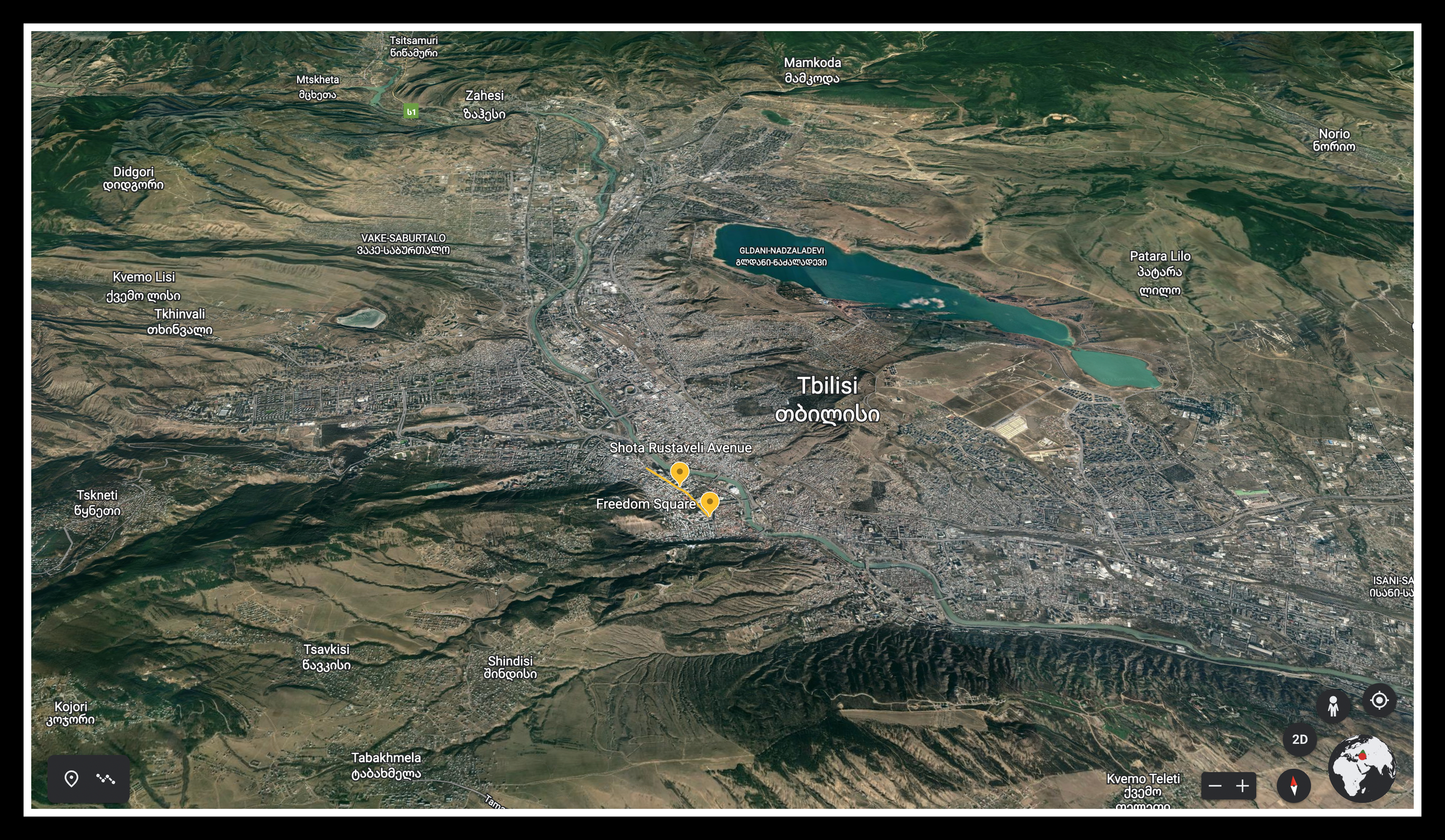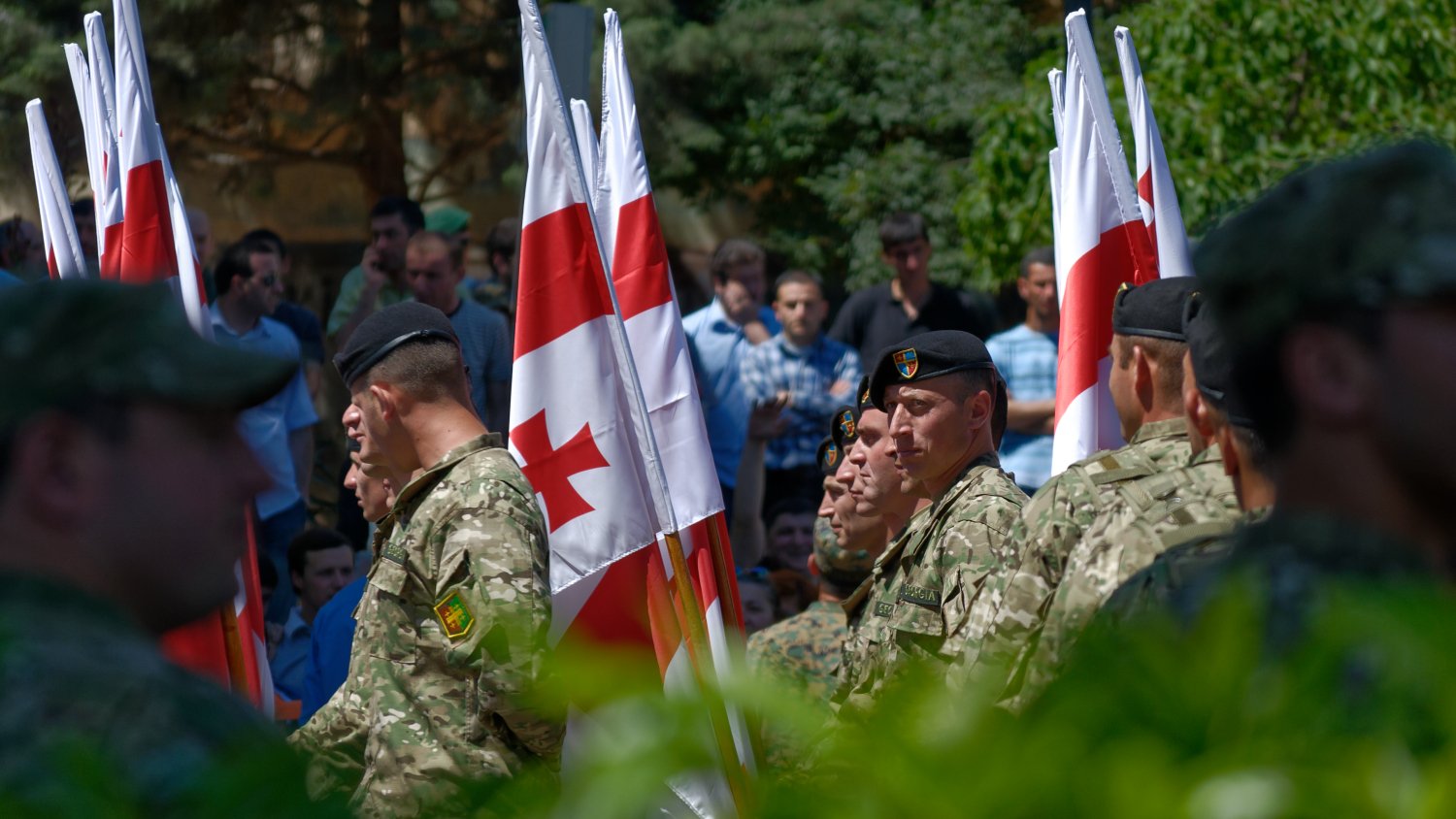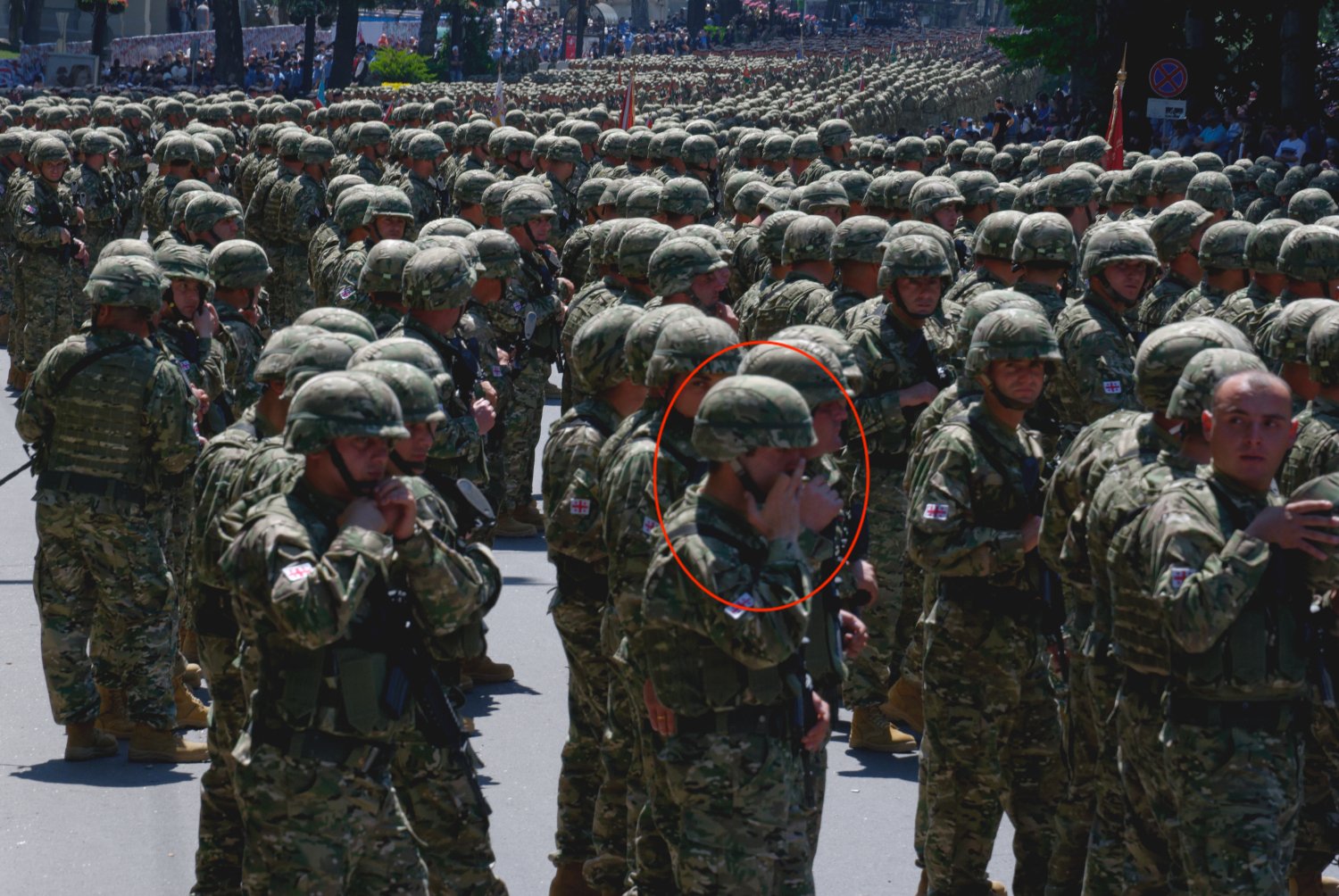143 - Independence Day (Tbilisi, Georgia)
"Facts do not cease to exist because they are ignored."
— Aldous Huxley
GOD CREATED THE WORLD, then doled out lands, lottery-style. Georgians were busy. Real busy. Feasting and drinking and celebrating, oh my! They missed the lottery. They missed the boat. You snooze, you lose. After the hangover wore off, they realized they had no place to call their own, pleading with the big man to reconsider. God was unmoved, at least initially. Then, the Georgians explained he, God himself, was the impetus for celebration, and how they’d spent the whole time toasting to his greatness. God had a change of heart. In fact, he was so honored, he gave them land he’d reserved for himself. He gave them Georgia.
God has great taste in real estate, one reason throughout history, empires (Romans, Turks, Arabs, Persians, Russians, etc.) made invasion a regular habit. Being located at the nexus of Europe and Asia didn’t help. Through it all, Georgians have remained, well, Georgian. It hasn’t been easy. It still isn't.
May 26th is Georgia's Independence Day celebration, though it doesn’t commemorate the event you might think, i.e. the country's liberation from the Soviet Union on April 9th, 1991. Instead, it celebrates the first liberation from Russia in 1918, a result of the Russian Civil War. Freedom was short-lived. The Red Army marched on Tbilisi in 1921. The U.S.S.R is no more. The Cold War is dead. Someone should’ve told the Kremlin.
I’m no geopolitical wonk, but allow me to summarize. After the U.S.S.R fell, Georgia, along with the Soviet republics under Russia’s control, declared independence in 1991. Russian-backed separatists in Abkhazia and South Ossetia declared their independence from Georgia’s independence. War ensued. When the smoke cleared, Abkhazia and South Ossetia stayed separate, but unrecognized internationally. Russian “peacekeeping” forces remained behind under a ceasefire agreement brokered by French President Nicolas Sarkozy, serving as a constant intimidating reminder of Russia’s nefarious potential. Can you say fox guarding the henhouse?
Georgia never conceded these territories, and as time wore on, successive governments became more and more hostile to Russian interference. Diplomatic relations deteriorated. Georgia began leaning “west,” vying for membership in NATO as a bulwark against Russian aggression. This displeased Vladimir Putin. He used a ceasefire violation pretense in South Ossetia to invade Georgia in 2008, resulting in the Russo-Georgian War. (I won’t go into details, but anyone interested in the conflict, its implications, and possible consequences should check out “A Little War That Shook The World” by Ronald D. Asmus.) Russian forces came. They saw. They terrified. They left. The message was clear: We can occupy Georgia at any time. NATO bad. Don’t even think about it.
Georgia lost any and all influence in areas previously populated by ethnic Georgians who’d been “cleansed” from disputed regions, leading to an influx of refugees. Its NATO aspirations were dashed. The US and EU never held Russia to account for its disproportionate response and blatant disregard for international law. Why? The Cold War still loomed large. No one had the stomach for confrontation. Appeasement won the day. How’d that work out? I’m sure it had zero influence on Putin’s decision to invade Ukraine. (Extreme sarcasm alert.)
This was the backdrop for the Independence Day celebration. As I stood listening to Georgia’s President, Mikheil Saakashvili, impassioned, if not defiant, speech and later watched as soldiers and military vehicles streamed down Tbilisi's Rustaveli Avenue, I got a little caught up in the moment. For better or for worse, it was Saakashvili's way of saying “Stick this in your ass” to Georgia's unruly neighbor to the north. He was criticized for it and the flagrant display of military might, but as much as I tried, I couldn’t help empathizing with him in particular and Georgia in general. Something about rooting for the underdog is just too damn captivating.


























